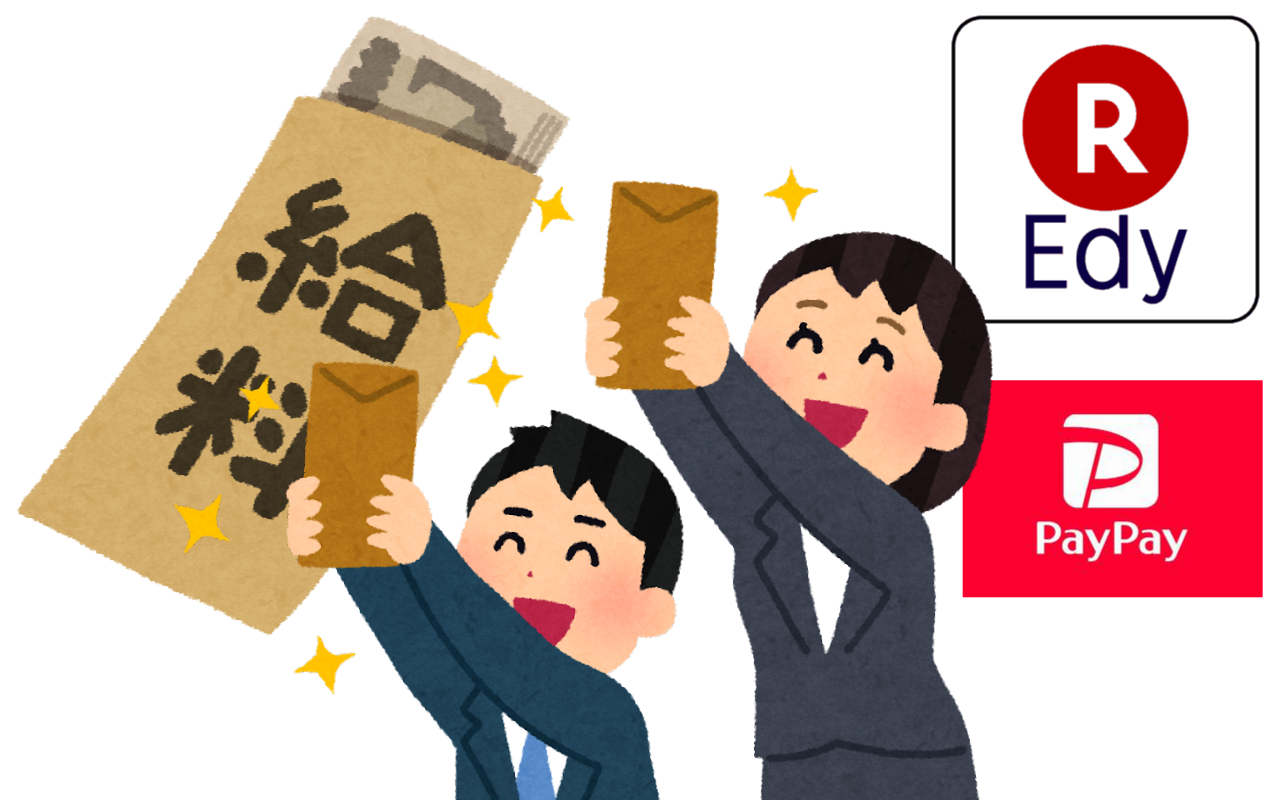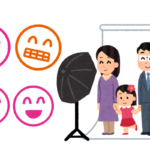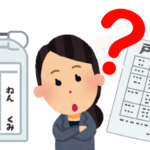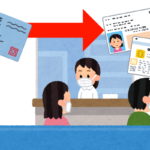
Starting next year, digital money will be allowed for salary payments.
The main principle is that employers must set a certain date and pay workers directly in full, in currency, at least once a month.
In the past, salaries were mainly paid in cash, but after the 300 million yen incident in December 1968 (in which bonuses paid to employees of a Toshiba plant in Fuchu City, Tokyo, were robbed by a cash truck), salaries were shifted from cash to bank account transfers.
Salary transfers for state employees were introduced in 1974. I believe that private companies followed suit.
I received my first salary as a working adult in May 1979, and I remember receiving it in cash.
I remember the section chief, who was my boss at the time, was proud to show me that my paycheck bag would stand on his desk. The section chief was a very respectful man, and I think he wanted to show me that if I worked hard, eventually my paycheck would stand up too. Those were the days.
At some point, the salary was transferred to the bank and only the detailed statement was put in the payroll bag. Frankly speaking, I thought it was tasteless. At the same time, the dignity of the father in the home may have been lost. In the past, handing a paycheck bag filled with cash to one's spouse on payday was a way of expressing gratitude to the father for his earnings.
Bank transfer of salaries has significant advantages for companies. The most important thing is that it takes time and effort to withdraw cash from the bank, exchange it into the required denominations, and then bring it back to the company to put it into the employee's payroll bag.
I used to distribute employee paychecks in cash at a company I worked for, but it was a very sensitive process. In contrast, bank transfers require only a slip of paper, and now I only have to operate my keyboard, and there is no fear of theft.
Time will change and from next spring, in addition to bank transfers, workers will be able to receive their salaries in digital money.
Although there may be no problem with the current salary transfer system, it is said that some foreign workers, for example, have difficulty opening bank accounts. With digital money, they can receive their salaries without a bank account, so companies will have the advantage of not having to pay in cash.
I think companies like PayPay and Rakuten Edy would welcome it. On the other hand, I am not so sure that banks are against it. The average balance in most people's bank accounts is not that large, and the hassle involved is apparently negative for the banks' bottom line. Therefore, they want to reduce small transactions as much as possible, so they have no reason to oppose the introduction of this system.
I rarely use prepaid digital money and have no plans to use this system, but if digital money can be used for international money transfers (and there is already a movement to do so), my wife may start using it.









